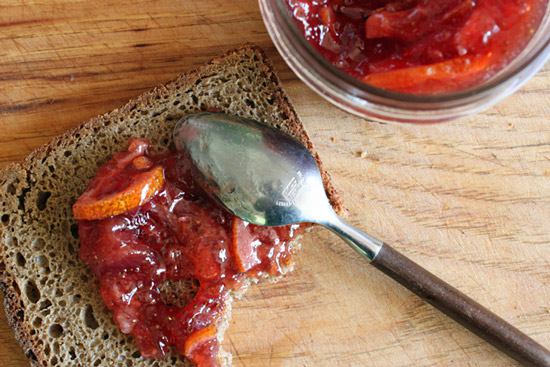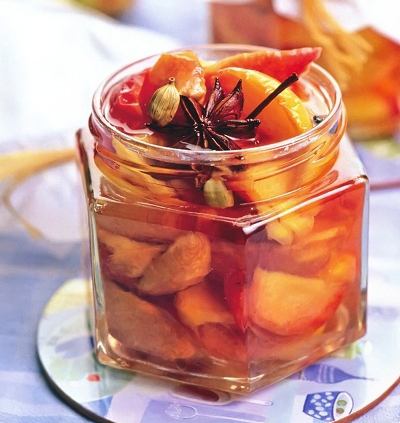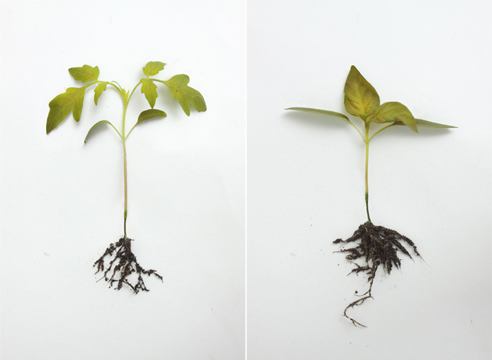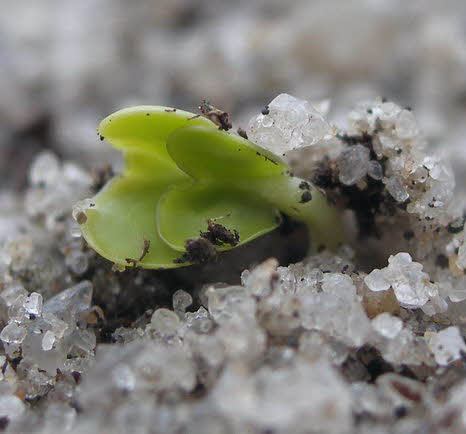Mid-April… Outside it’s 3 degrees Celsius, gray clouds heavy with moisture… And I’m already preparing for the canning season! Moreover, for the first time in my life, I’ll be canning, equipped with recommendations and recipes from respected and beloved experienced hosts and hostesses in my extended family. Today I want to draw your attention to unusual jams made with herbs, spices, and even chocolate))).
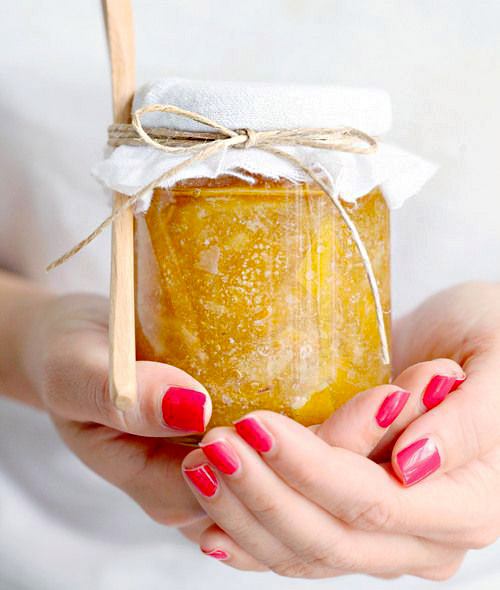
Every recipe presented in this series of jam articles is tried and loved. I’ll try to provide as much detailed information as possible for each recipe. So… Let’s begin!
Anise and Peach
For 1 kg of peaches:
- 0.5 liters of water,
- 1.5 kg of sugar,
- anise stars to taste - 2-4 pieces,
- a little citric acid (optional).
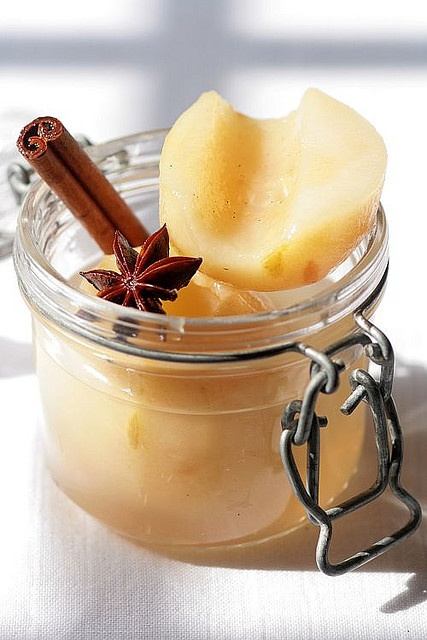
You can even use slightly overripe peaches. First, thoroughly wash the peaches and cut them into 4-6 pieces. Prepare a syrup: dissolve the sugar in water and bring to a boil, add the peaches and boil for a few seconds, turn off the heat, and set the jam aside until tomorrow. The next day, remove the peaches and boil the syrup alone. When the syrup starts to bubble, place the peaches back in, simmer on low heat for 1 hour, and 5 minutes before the end of cooking, submerge the anise deeply into the syrup, and add citric acid if you feel it lacks a bit of tanginess. Pour the hot jam into sterilized jars, include the anise stars in the jars as well, and wrap them up.
Recommendations: You can use less syrup; it’s a matter of taste. It doesn’t affect the quality of the product, but it does influence its density. This recipe yields 3 x 0.5-liter jars. You can also use 1 kg of sugar per 1 kg of peaches—it’s up to your preference! We’ve also tried cooking peaches without adding water—simply sprinkling them with sugar and simmering—but it results in a thicker consistency, more like a preserve or jam for those who prefer that. Variant proportions of ingredients do not affect its quality.
Vanilla Apricot and Coffee
For 1 kg of apricots (pitted):
- 500-700 grams of sugar,
- juice of 2 lemons (better not to substitute with citric acid),
- a packet of vanilla sugar or half a vanilla pod,
- 5 tablespoons of coffee beans.
Blend the apricots in a blender (just a couple of seconds; don’t turn them into mush). Crush the coffee beans in a mortar, or give them 2-3 quick pushes in a coffee grinder. Put them into a piece of cheesecloth to make a little sachet. Add the puréed apricots to a pot, along with the lemon juice, sugar, vanilla, and the coffee sachet. Let the mixture steep for 2 hours.
Bring the steeped mixture to a boil, and simmer over low heat for about 15-20 minutes, stirring occasionally. Remove the coffee sachet, pour the hot jam into sterilized jars, and seal. Turn the jars upside down for about 10 minutes, then set them upright and wrap them up. This recipe yields 3 x 0.5-liter jars.
Recommendations: Ground coffee can also be used, but ensure that coffee granules do not end up in the jam. The coffee flavor is noticeable, but there’s no bitterness. You can omit the lemon juice, but it not only adds acidity and a delicate aroma, acting as a natural preservative, but also enhances the flavor. Without lemon, it has an even more intriguing taste in my opinion.
Orange and Strawberry
For 2 kg of ripe strawberries:
Wash the strawberries, cut them in half, and sprinkle them with sugar (adjust the amount based on the sweetness of the berries). Let them sit for 2-3 hours to release their juices. Do not peel the orange; slice it into pieces about 5 mm thick, add them to the strawberries, and start cooking—bring to a boil over medium heat and simmer for 10 minutes. Turn off the heat and let it sit until the next day. Repeat this process 2-3 times.
Pour into sterilized jars and seal.
Recommendations: The orange aroma is very subtle, likely due more to the zest. There are no issues with conserving citrus fruits. This jam is highly successful! Highly recommended!
